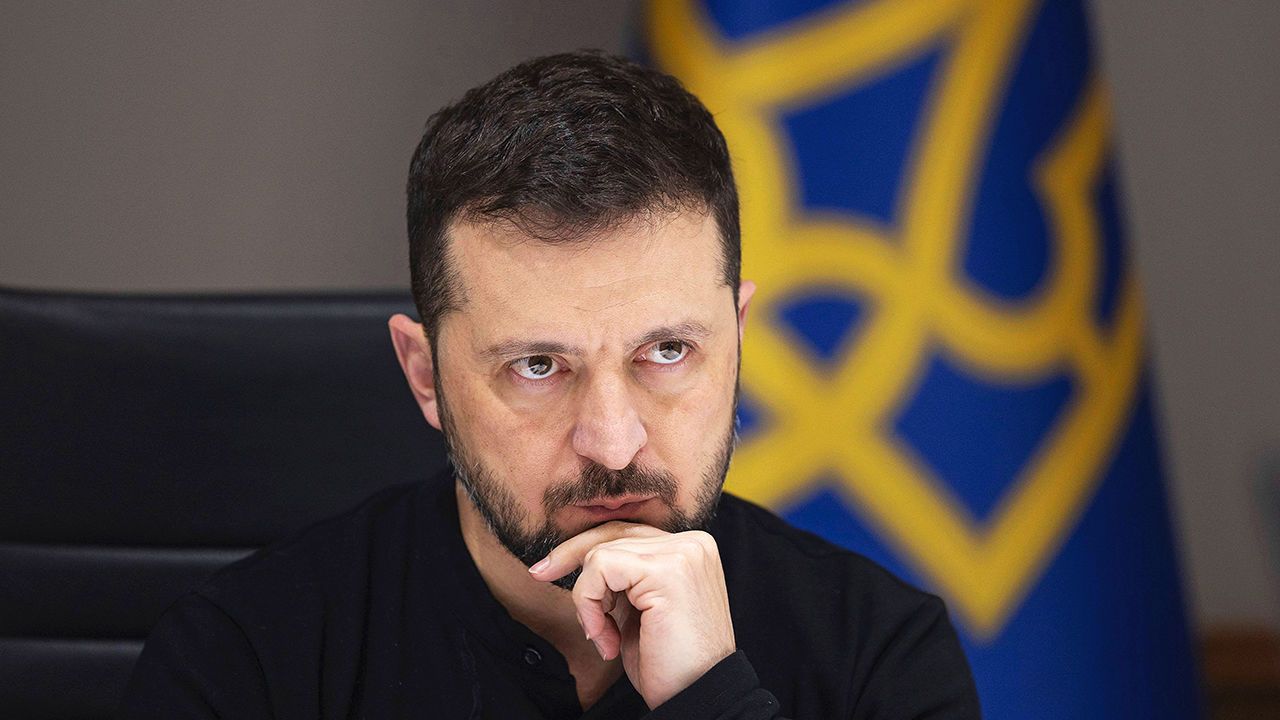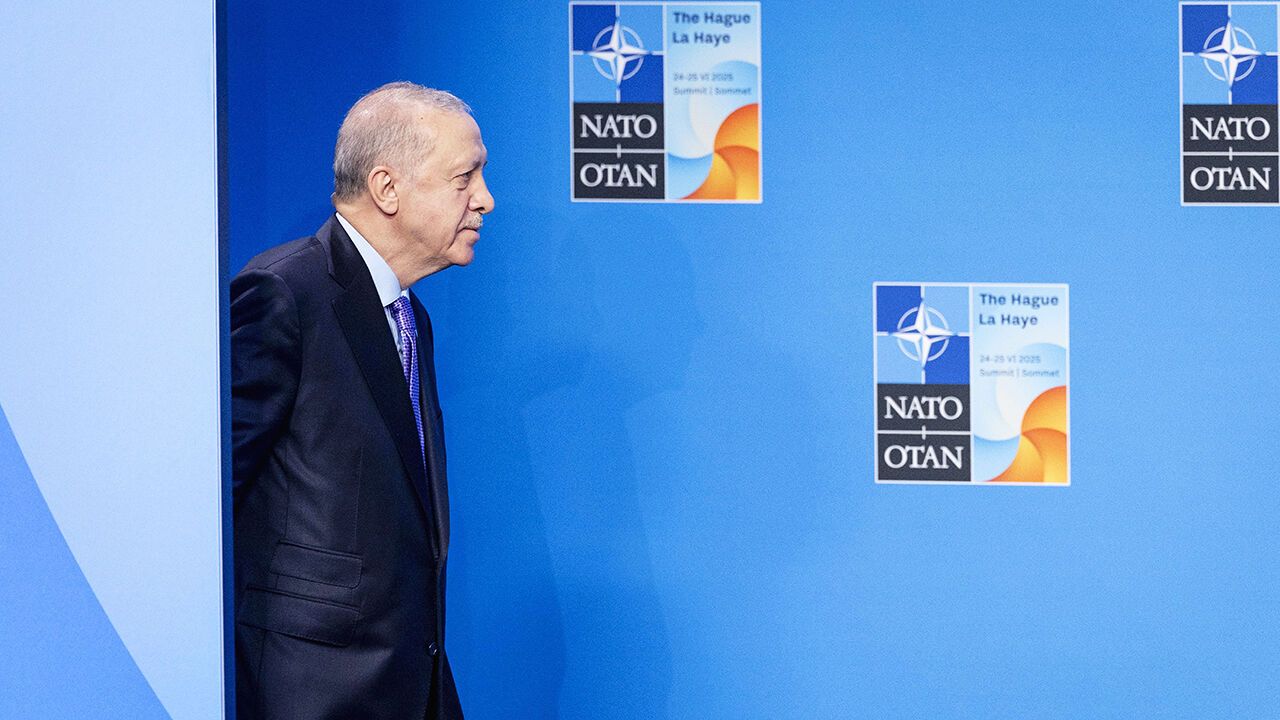Power is being monopolised in Ukraine
Critics say the presidency is becoming too mighty, and making mistakes

Behind the nondescript façade of a light-industrial building in Kyiv, an eclectic crew of video-gamers, architects, scientists and film-makers is mass-producing deep-strike drones and cruise missiles. They do not look like old-style defence types, but they are transforming Ukraine’s war. Three years ago they were making 30 drones a month. Now they are up to 1,300 a month, ranging from slow drones ($580,000 for a set of ten) to a new ballistic missile (at $1m a piece). They cost a fraction of what foreign ones do, and are based on open-source designs, meaning that they are not bound by foreign-usage restrictions. “We don’t want to have any dependence on America’s politics,” says the firm’s founder, whose name cannot be disclosed for security reasons.
This article appeared in the Europe section of the print edition under the headline “Fear of a monopoly”

From the April 19th 2025 edition
Discover stories from this section and more in the list of contents
Explore the edition
Ukraine’s political infighting gets nasty
As Trump starves it of arms, there is turmoil inside the government

Turkey’s strongman is becoming Donald Trump’s point man
But renewed war with Iran would put the honeymoon with Recep Tayyip Erdogan to the test

Germany’s Bundestag bars AfD MPs from its football team
Could the sporting ban precede a political one?
An infestation of ticks menaces Istanbul
And mosquitos are a growing problem too
The sleeping policeman at the heart of Europe
Enforcement of EU law has become an afterthought
A pragmatic amnesty for separatists benefits Catalonia
But it carries costs for the rule of law

